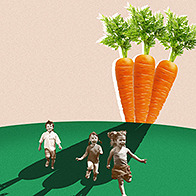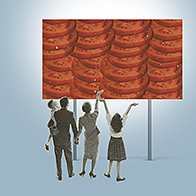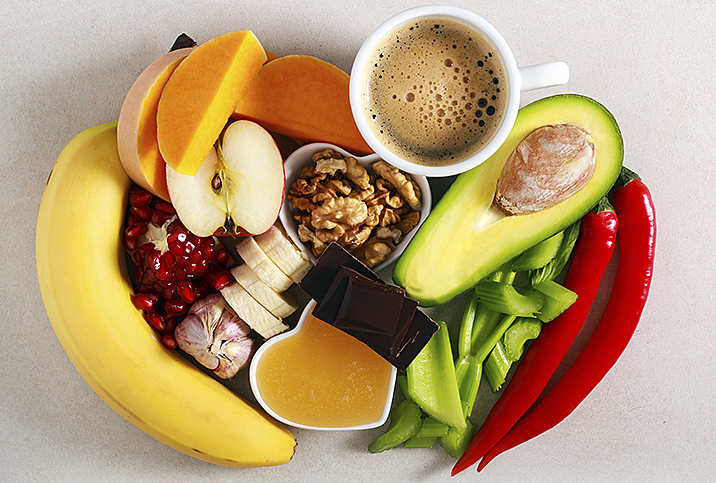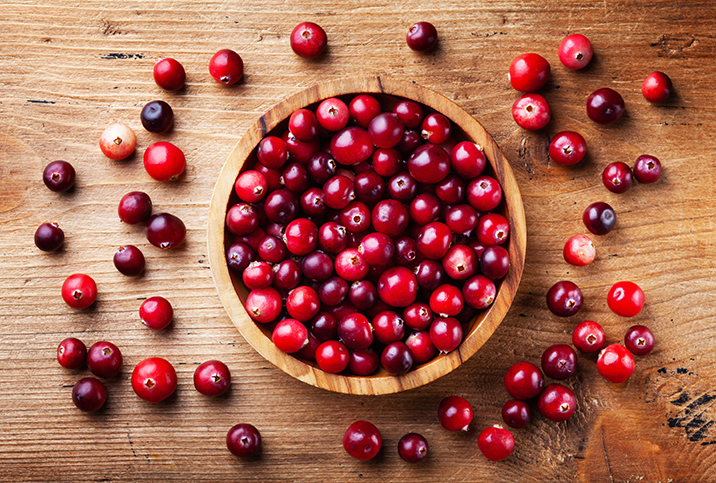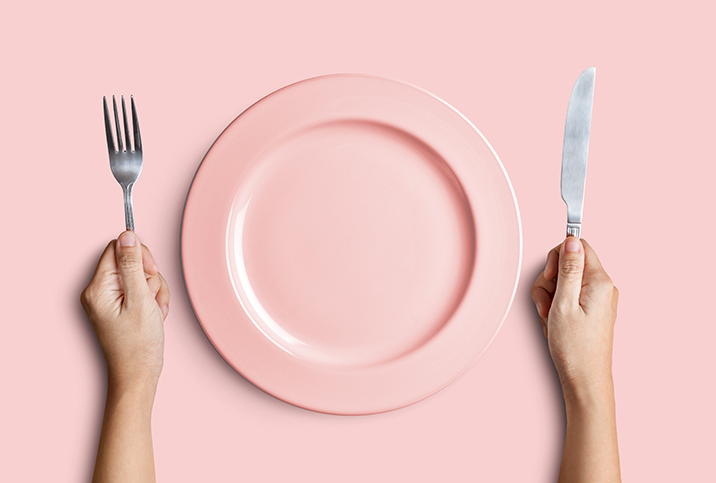What You Need to Know About the Nutribollocks Movement
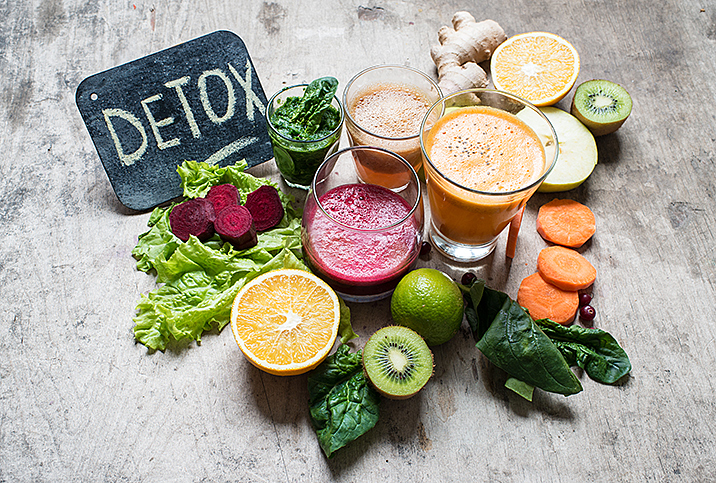
If you spend any considerable amount of time on Instagram, you'll come across a post—or more likely, endless posts—encouraging weight loss. The worst culprits are celebrities and influencers, who can make a little (or a lot of) cash posting photos and videos promoting products, services and nutrition advice that quite frankly might not be as trustworthy as you think.
Thanks to Joshua Wolrich, MBBS MRCS, a National Health Service (U.K.) and Health at Every Size (HAES) doctor who fights weight stigma, there's now a term for nutrition advice with little to no scientific evidence to back it, which he calls "the nutribollocks movement."
"This advice is frequently used on social media to make a profit and promotes disordered eating," Worlich wrote on Instagram. From flat-tummy teas to no-carb diets, celebrities can oftentimes find themselves supporting weight loss plans that are unhealthy or restrictive.
Identifying false nutrition advice
According to Christy Harrison, registered dietitian and author of the book "Anti-Diet," there are key factors to consider to determine if something is considered "nutribollocks," especially considering just how much unsubstantiated information is available on the internet about health and wellness.
"The first thing I'd say is to be extremely skeptical of any nutrition advice you read online," Harrison said. "Most of it is incorrect or incomplete, and a lot of it is downright dangerous for your mental and physical health—especially if it's telling you to cut out entire food groups, such as carbohydrates, and/or eliminate staple foods without a medical necessity, such as cutting out gluten if you don't have celiac disease, cutting out dairy if you don't have lactose or casein intolerance, etc."
Harrison explained that if you suffer from chronic fatigue, an autoimmune disease or hormonal issues, you may be motivated by alternative health spaces to cut out gluten or dairy without any sound medical evidence, but that can lead to over-restricted eating.
"It's often a slippery slope to cutting out more and more foods, such as sugar, all grains, oils, nightshade vegetables and so on," Harrison said. "Unfortunately, that kind of advice is not only usually ineffective, but it can also lead to disordered eating and, in some cases, a severely restricted diet that leads to nutritional deficiencies and serious consequences of starvation."
Ronee Saad, a registered dietitian, believes taking any advice without supervision from a professional can be dangerous. In addition to cutting out entire food groups, she said that counting calories, following fad diets or trying to lose weight quickly are all recipes for disaster, especially without proper guidance.
"The media perpetuates disordered eating because it portrays celebrities as having one of those 'it bodies,' along with some fad diet that can make someone 'lose 20 pounds in one week,' which is unhealthy," Saad said. "It also makes people think there's an easy way to get that body."
Harrison points out a particular example in Khloe Kardashian, who has come under criticism for promoting "Flat Tummy" products.
"Those [types of products] are often just laxatives," Harrison said. "And laxative abuse, or taking laxatives for any reason other than to relieve occasional constipation, is a dangerous form of disordered eating."
Other popular nutrition advice that can descend into possible disordered-eating behaviors includes fasting, detoxing and cleansing.
"These are forms of restrictive eating that can spiral into further restriction and can also lead to low blood sugar and nutrient imbalances in some cases, even if it's a whole-food cleanse," Harrison says.
Your body naturally "cleanses" and "detoxifies" itself via the liver and kidneys, with no intervention needed, except in very rare cases of liver or kidney disease.
Stopping nutribollocks consumption
It's not just phony nutrition advice that's plaguing social media. The biggest platforms of the day are now rife with misleading health information in every field.
"People whom the algorithms identify as interested in wellness topics like nutrition and integrative medicine often get led down a toxic rabbit hole of COVID-19 misinformation and conspiracy theories," Harrison said.
Unfortunately, social media platforms aren't doing enough to stop the spread of health misinformation.
"Until [social media platforms] decide to step up—or, more likely, are forced to do so by government regulation—a helpful form of harm reduction is to minimize your engagement with these platforms," Harrison suggested.
The next time you receive nutrition advice from social media, consider that it may be luring you into a way of eating that's dangerous and unhealthy for your body. If you're considering making a change to your diet, be sure to consult with your doctor beforehand, to ensure you're making the best choice for your body and well-being.







